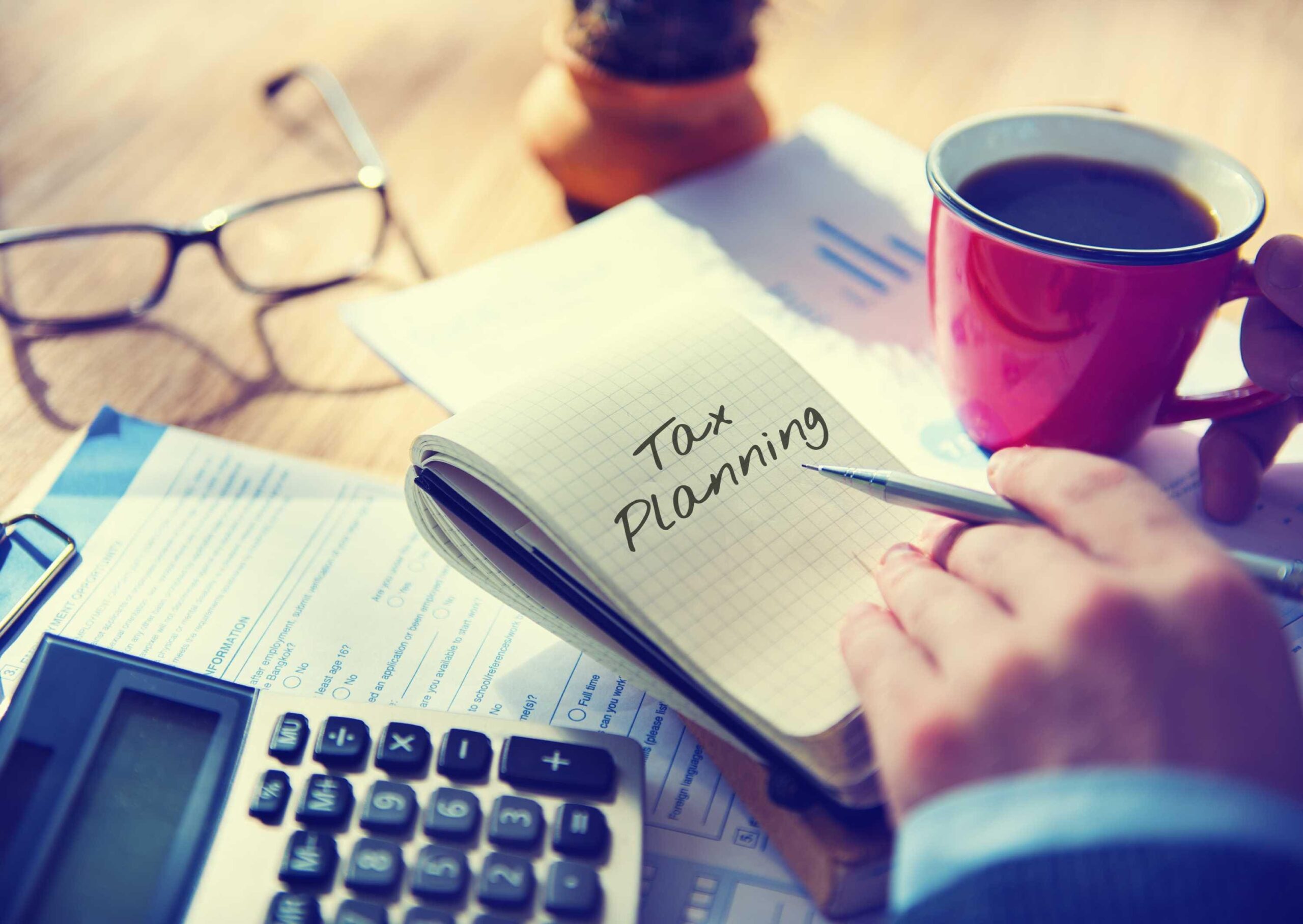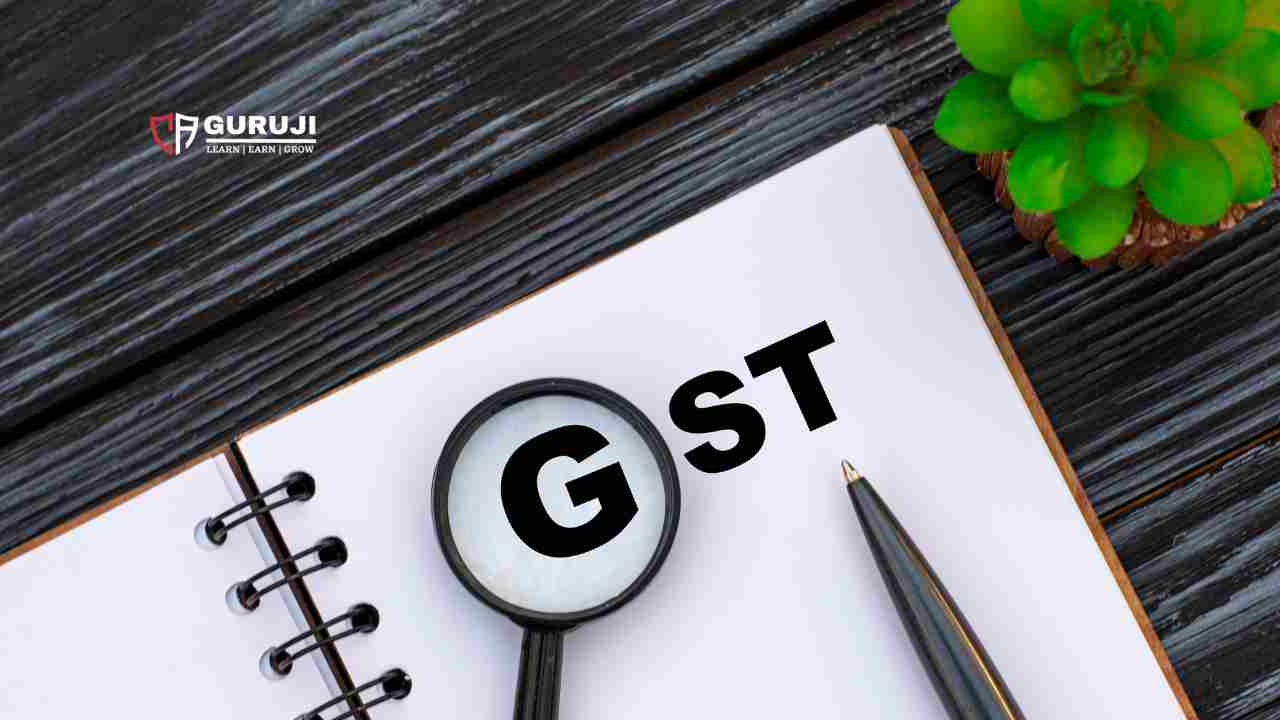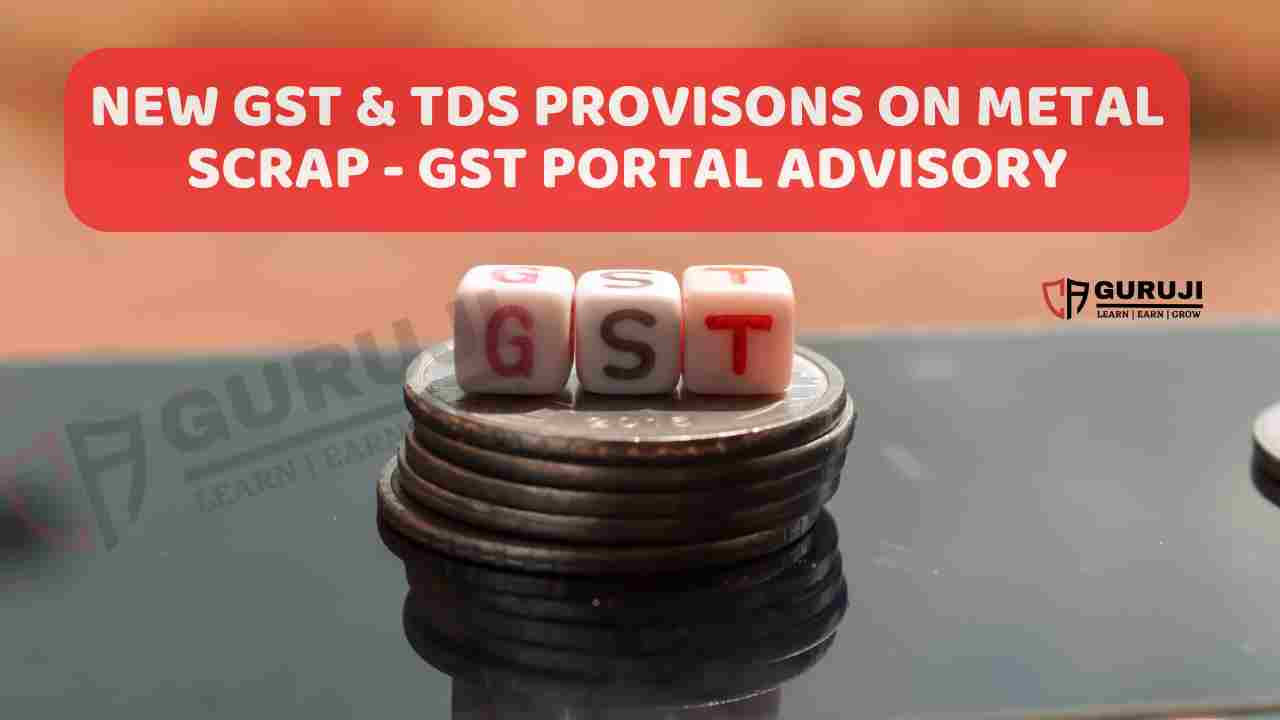Submitting Form 12BB to your employer on time can significantly reduce TDS for the majority of the year. Photo: Shutterstock
- Professionals like lawyers, doctors, architects, and engineers with annual income below Rs. 75 lakh.
- Small businesses with annual turnover below Rs 3 crore (or Rs. 2 crore for tax year 2023-24).
- Consultants, and many others listed by the government can avail this scheme if their yearly income is below Rs. 75 lakhs and cash receipts are less than 5% of their total income.
- Small Businesses: Businesses with a turnover below Rs. 3 crores (or Rs. 2 crores for Assessment Year 2023-24) and cash receipts less than 5% of total receipts can also benefit. This includes shops, traders, and some service providers. There are some exceptions though, like businesses involved in transportation or those claiming specific tax deductions.
Here’s the catch:
- Cash transactions must be less than 5% of your total income.
- You cannot claim certain deductions available under regular tax filing.
- Once you choose this scheme, you can’t switch back to regular filing for a while
We decode this in detail for you:
How can you only pay tax on 50 percent of income?
Who is eligible?
As per Section 44ADA of the Income Tax Act, 1961, individuals and partnership firms engaged in professions such as legal, engineering, accounting, medical, architecture, interior design, technology consulting, movie industry (including cast and crew), and other professionals notified by the Central Board of Direct Taxes (CBDT) are eligible to avail of the scheme. It is important to note that only those professionals whose income is below Rs. 75 lakhs, and whose cash receipts are less than 5% of their total receipts, can benefit from this scheme. For example, if one’s gross receipts for the year 2022-23 amount to Rs. 4,80,000, then their presumptive income shall be Rs. 2,40,000 i.e. 50% of Rs. 4,80,000.
Further, small businesses operated by resident individuals, resident Hindu Undivided Families (HUFs), and resident partnership firms (excluding Limited Liability Partnerships) engaged in any business, provided they have not claimed deductions under Sections 10A, 10AA, 10B, 10BA, or 80HH to 80RRB for the relevant year, are eligible to avail of the aforementioned scheme. However, businesses involved in the business of plying, hiring, or leasing goods carriages as referred to in Section 44AE of the Income Tax Act, 1961, or those engaged in agency business are not eligible for this scheme.
Example:
Ram is a lawyer who earned Rs 50 lakh in 2023-24. His actual expenses were Rs 15 lakh.
Regular Filing: Taxable income = Rs 50 lakh – Rs. 15 lakh = Rs. 35 lakh. Ram would pay tax on Rs 35 lakh.
How can a doctor with a Rs 40 lakh annual income and Rs 18 lakh expenses, benefit from Section 44ADA?
Under this scheme, his presumed income is Rs 20 lakh (50% of gross receipts), simplifying tax filing without detailed accounts. If he opts for regular tax calculation, he would show his actual income (Rs. 22 lakh after expenses) and pay taxes on that. In this case, Section 44ADA saves him hassle and potentially reduces his tax burden.
However, in a situation where the actual expenses are more than 50% of the gross receipts, it may be better for him to opt for the regular method of calculating taxes. So one may decide depending on what suits your specific situation and helps you choose the most
tax-efficient method.
Things to Consider:
- Once you opt-in, you can’t switch back: If you choose this scheme, you can’t go back to the regular method of calculating your income with actual expenses.
- Income limits apply: Your income cannot be more than Rs. 75 lakhs to qualify.
- Books of accounts: If your income is less than 50% of your gross receipts or exceeds the basic exemption limit, you’ll need to maintain regular books of accounts.
- Tax payments: You’ll still need to pay advance tax installments under this scheme, and interest applies for late payments.
Is it right for you?
If you’re a small business owner or a professional with a simple income structure and low expenses, this scheme could be a good option. It can save you time and potentially reduce your tax burden. However, it’s important to consult a tax advisor to see if it fits your specific situation.
Check out our Income TAX, ITR and TDS course
Visit www.cagurujiclasses.com for practical courses










